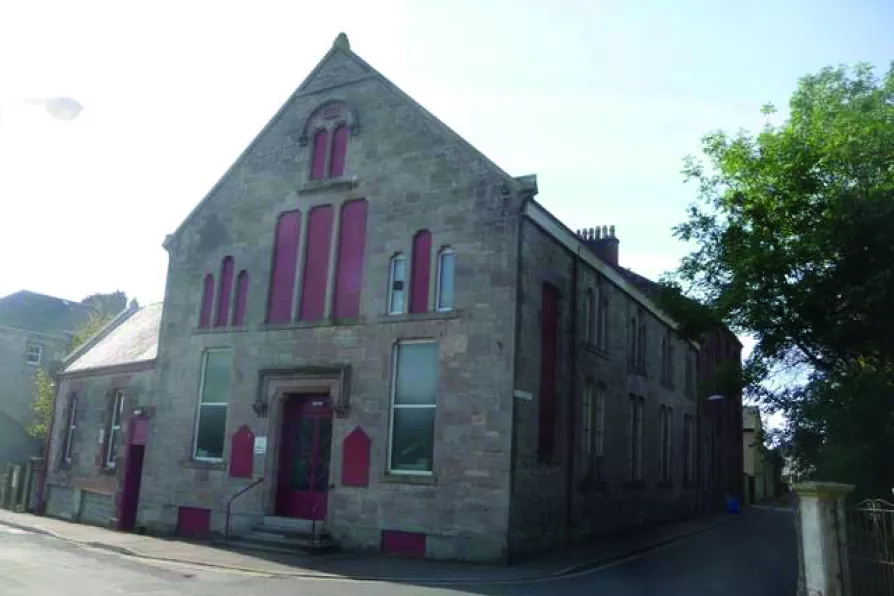CHRISTOPHE DOMEC speaks to CHRIS SMALLS, who helped set up the Amazon Labor Union, on how weak leadership debilitates union activism and dilutes their purpose

 Millport town hall was closed for many years but after ownership transferred to the community it was supported with £200k from North Ayrshire Community Investment fund
Millport town hall was closed for many years but after ownership transferred to the community it was supported with £200k from North Ayrshire Community Investment fund
CWU MEMBERS, like all of us, are facing a cost-of-living crisis caused by an economic system based on the extraction of wealth, a system that enables oil and gas companies such as Shell and BP to post record profits while our members face a 54 per cent increase in their energy bills.
Our members have worked tirelessly throughout the Covid pandemic keeping our country connected and delivering huge quantities of mail on levels never seen before.
Employers need to recognise our members’ role and commitment during this past period and must provide financial stability in upcoming pay negotiations to combat the cost-of-living crisis.

Ahead of next year’s parliamentary elections, ROZ FOYER warns that a bold tax policy is needed to rebuild devastated public services which can serve as the foundation of a strong, fair economy

As Reform UK threatens to capitalise on public anger, our Establishment politicians simply refuse to acknowledge their role in creating the very alienation that gives succour to Farage, writes CRAIG ANDERSON

Congress can chart a bold course that will force meaningful transformation for the people of Scotland










